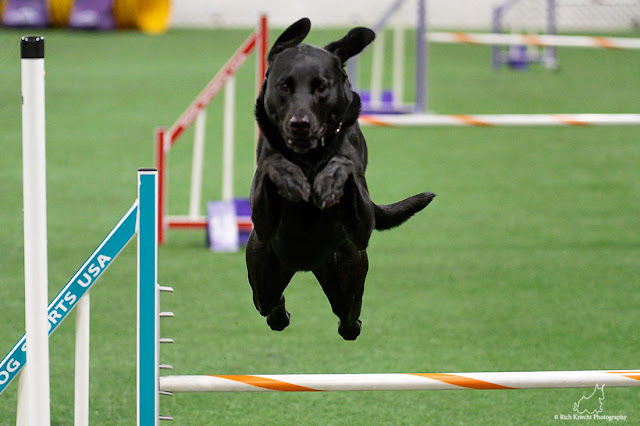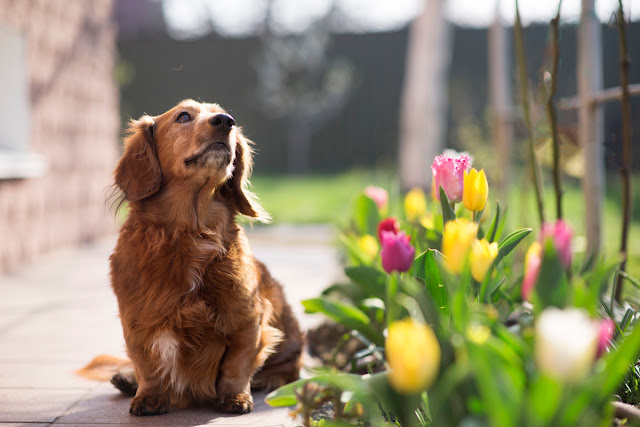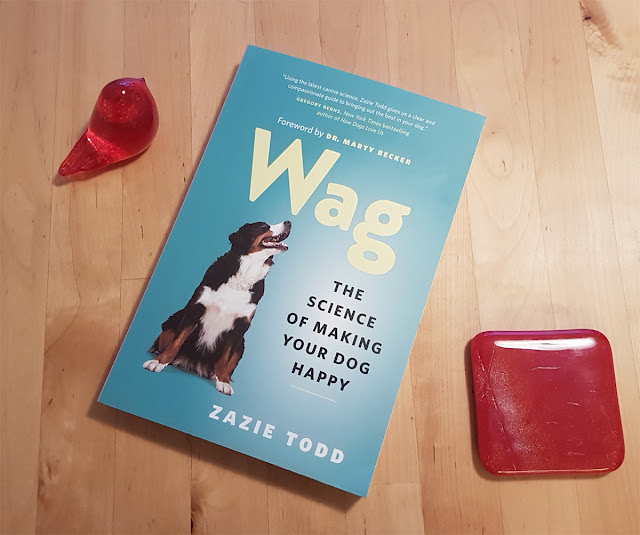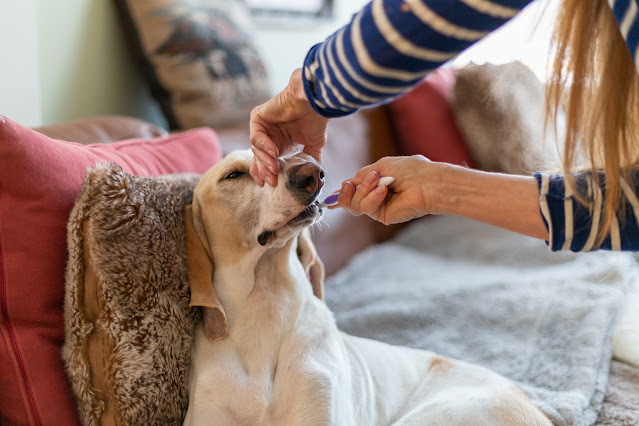Have dogs evolved to lurk in the kitchen? We can learn more about dog’s evolution, and our own evolution, through the words we pass from grandparent to grandchild as nursery rhymes. Photo: Anna Badi/Shutterstoc By Kristi Benson, CTC, Special Correspondent . I was splitting then tearing off the soft inner shell from some broad beans earlier today, and I found myself thinking of a nursery rhyme. Pease porridge hot! The broad beans emerged from their light and leathery skins the bright spring-green colour of new growth, a cheerful antidote to the scene out the kitchen window: polar vortex winds sculpting the snow over the gardens into threatening, glassy surfaces. Pease porridge cold. In those very gardens, now tucked away under several feet of granular, mature snow, we grew way too many broad beans last summer. That is, we grew way too many broad beans...again. They’re fussy to eat, with their doubled-up shell, especially when compared to their simpler—if not quite as deliciou...







